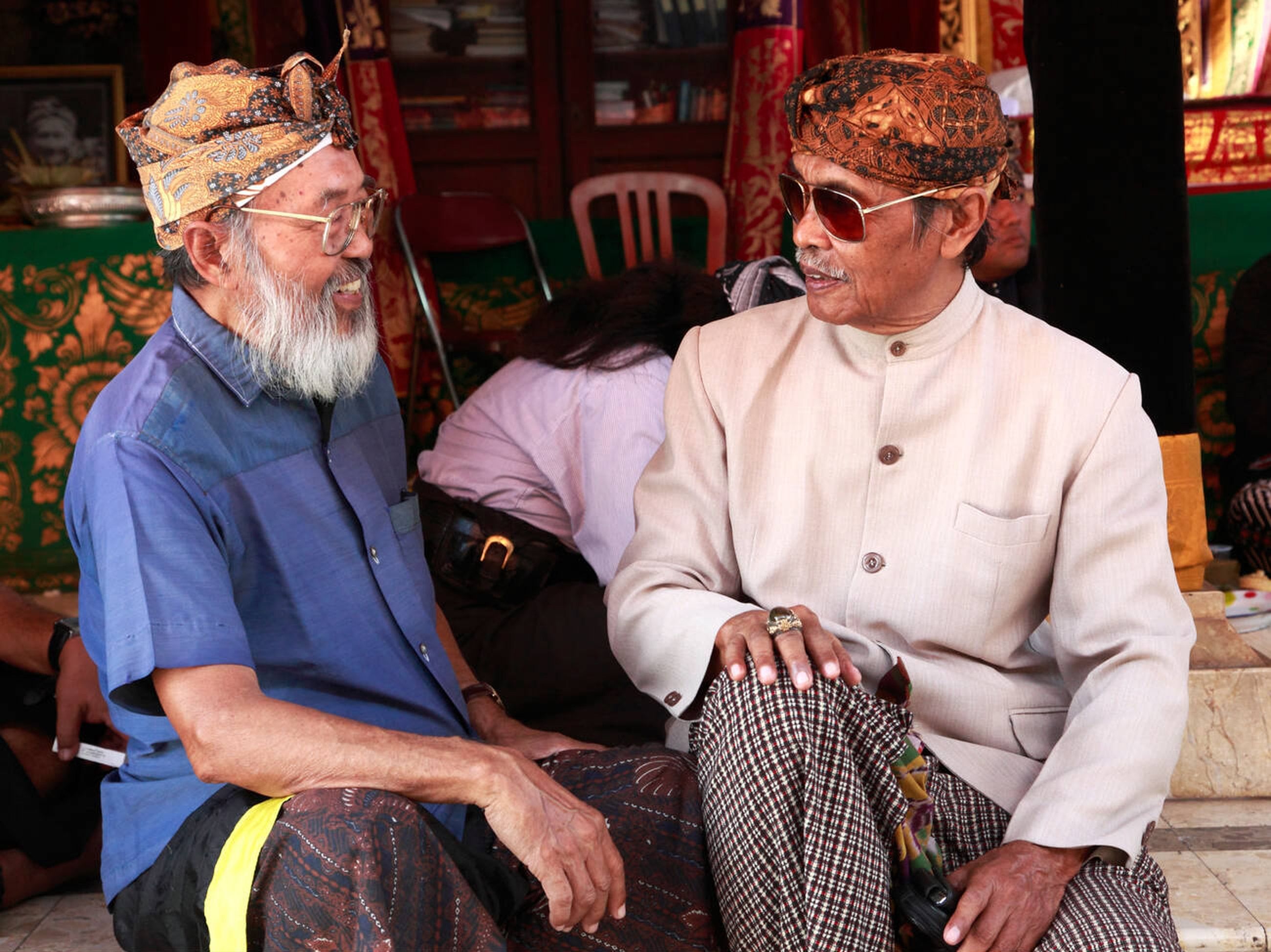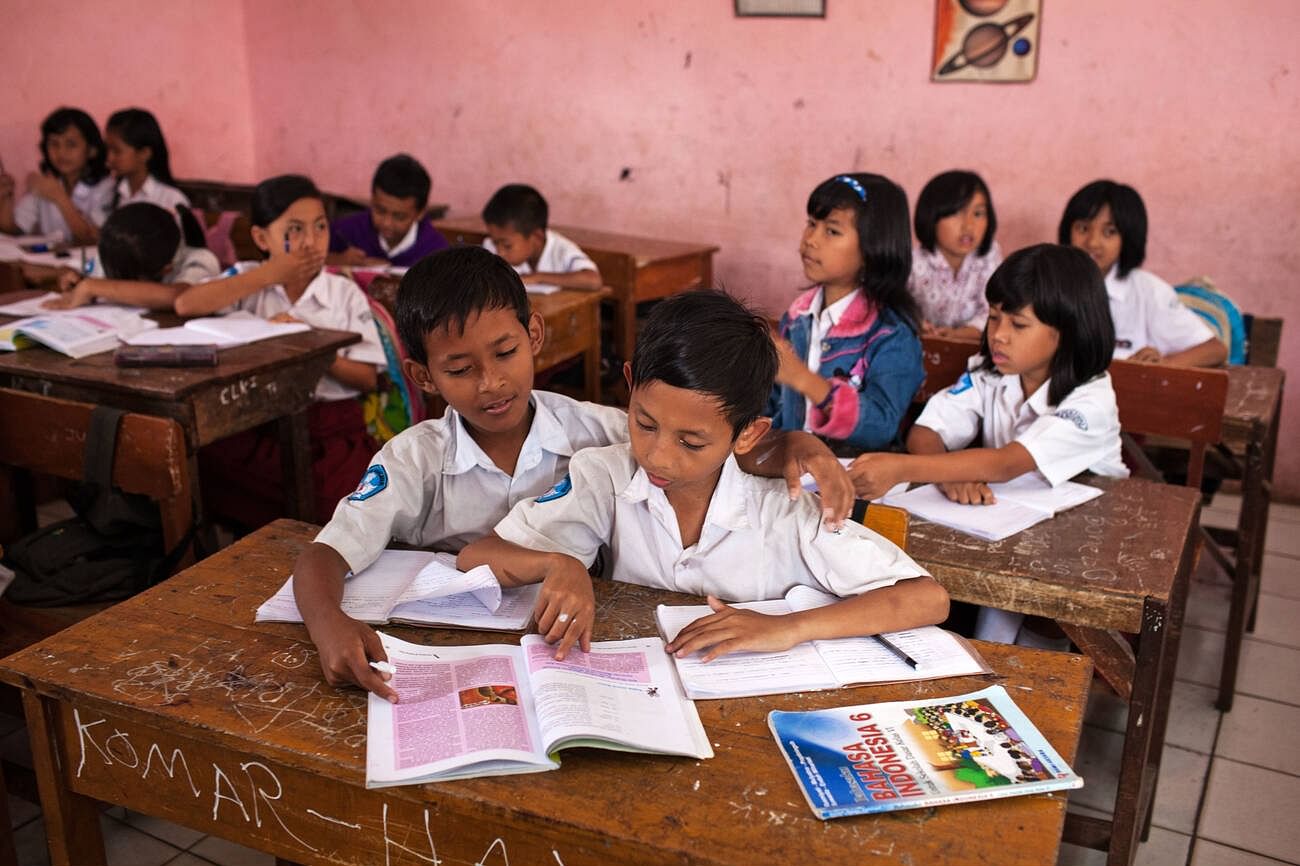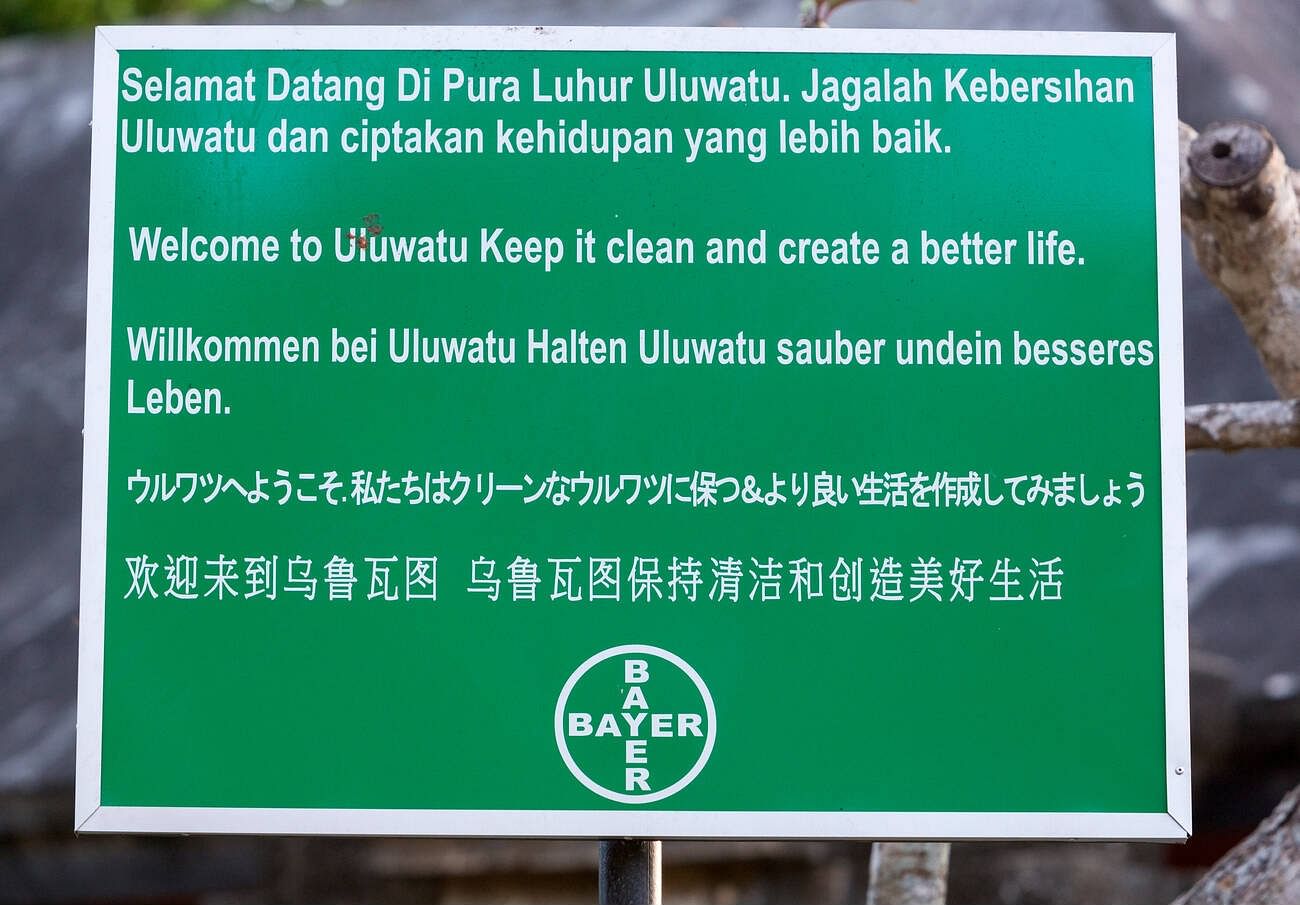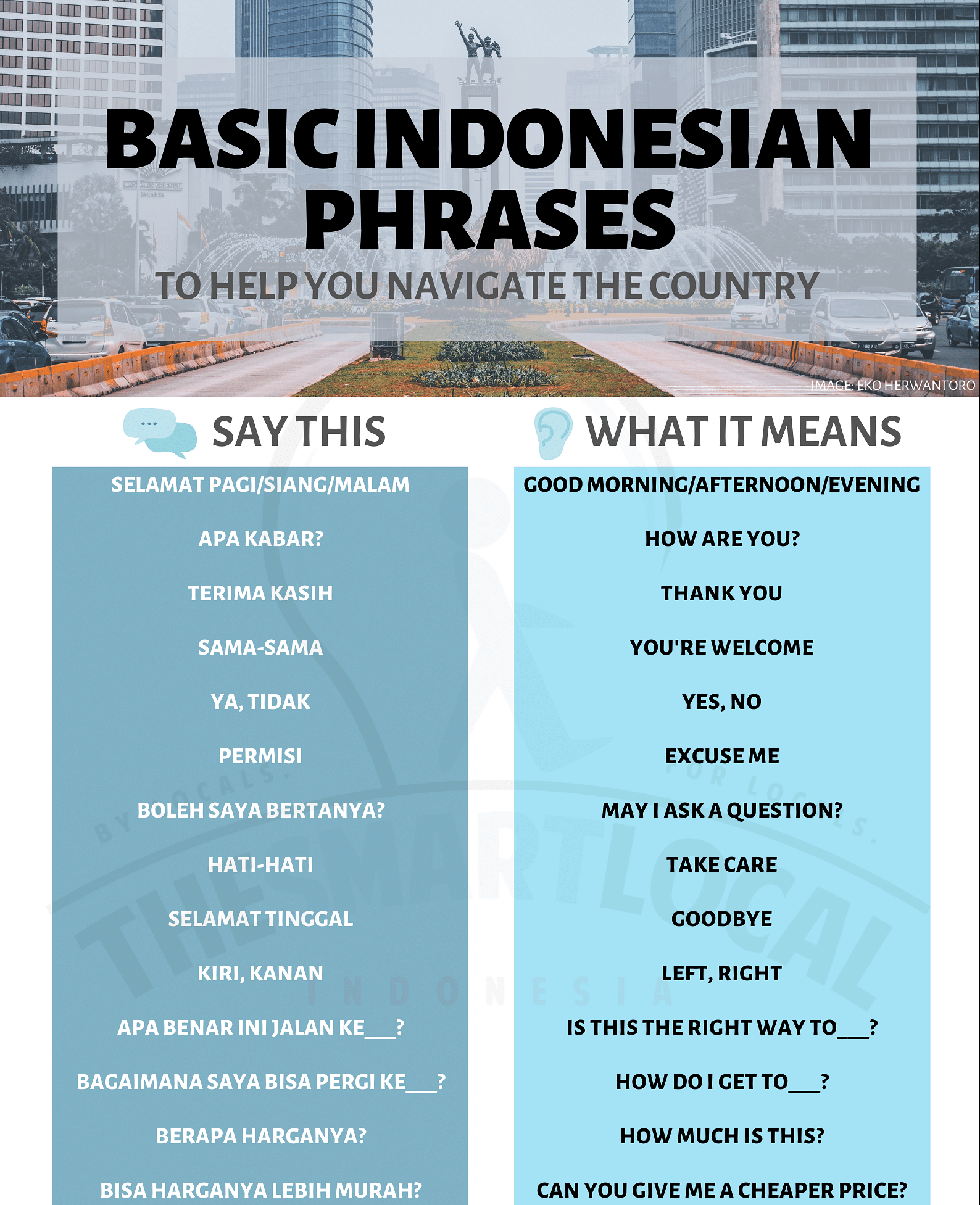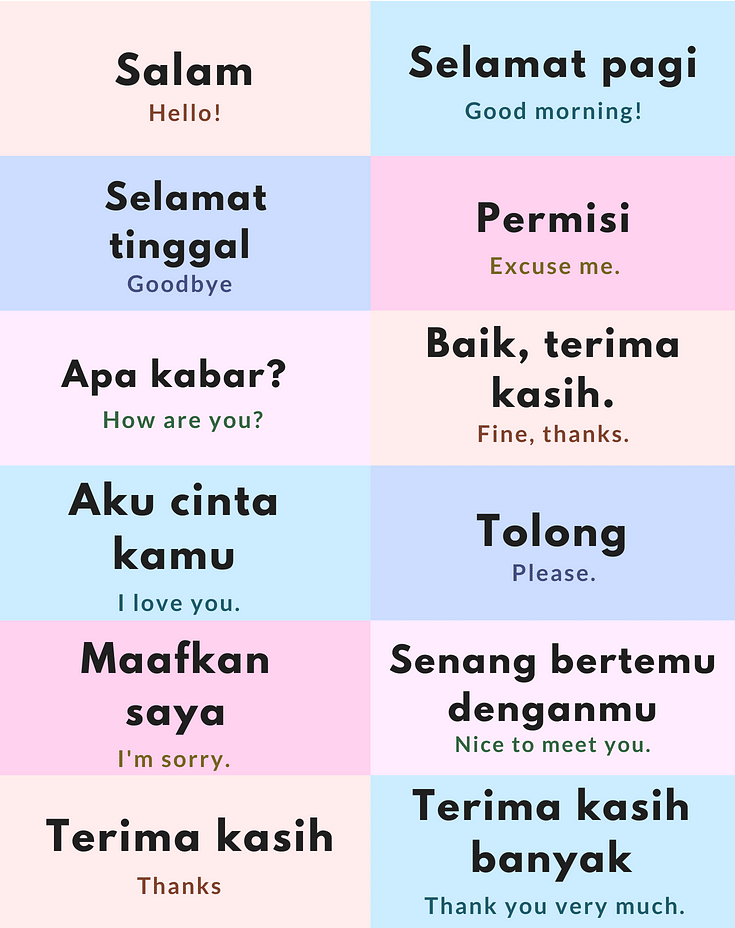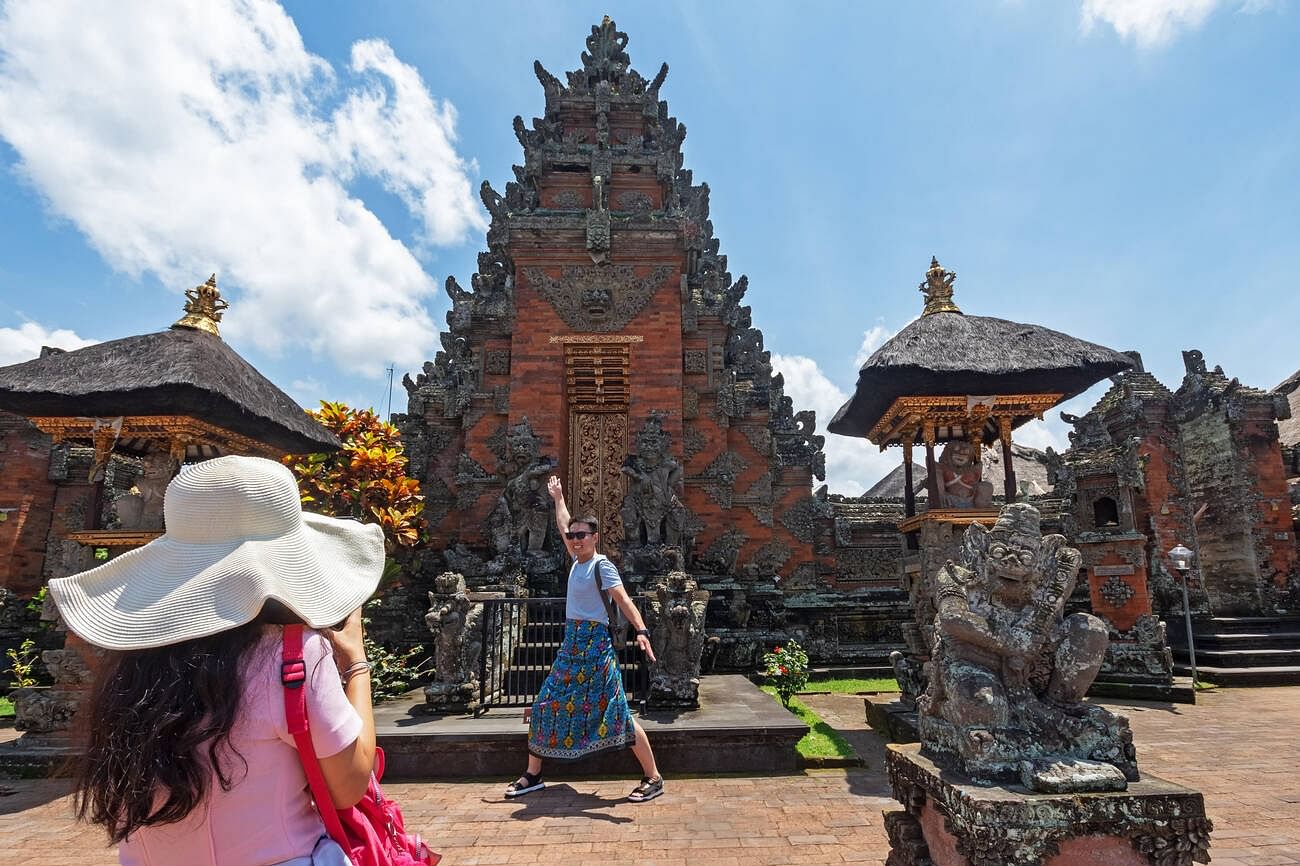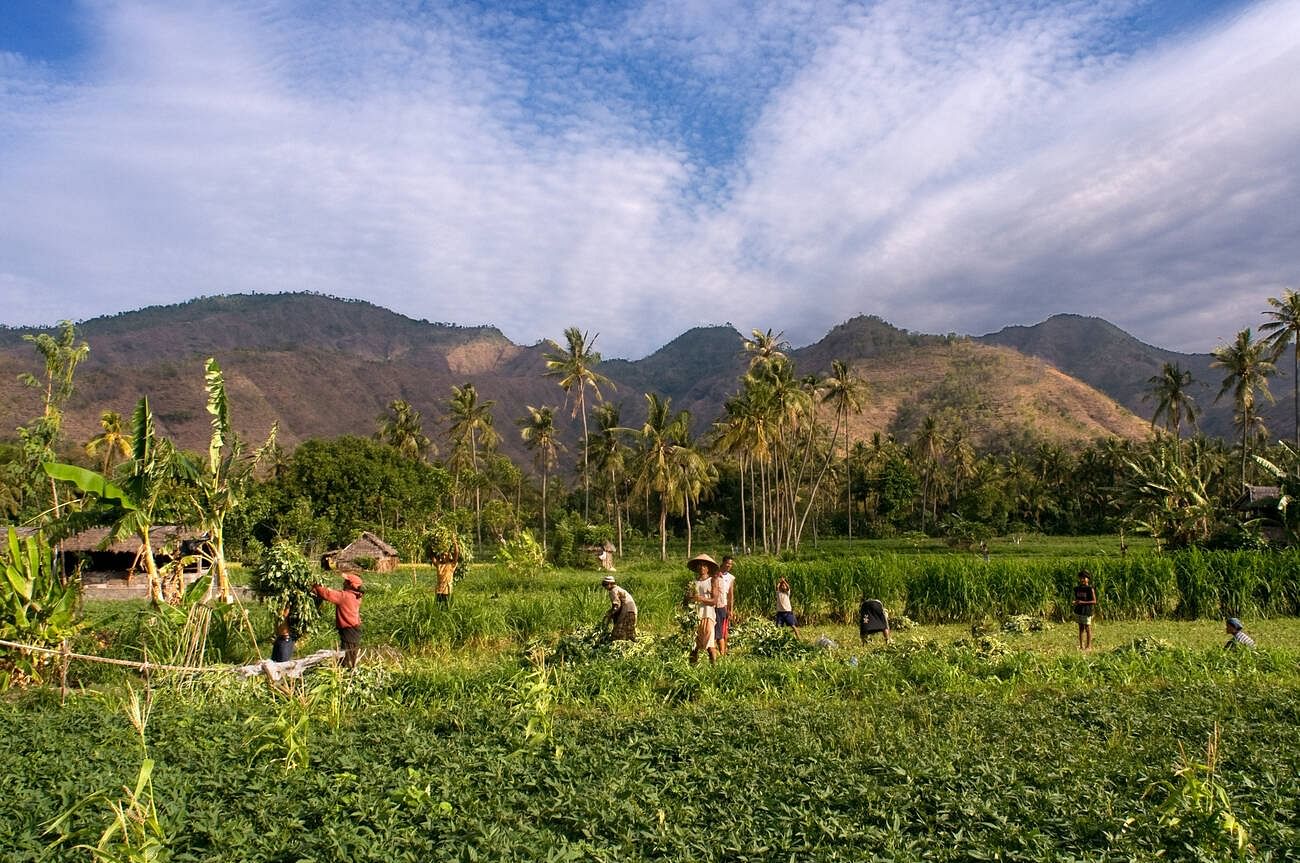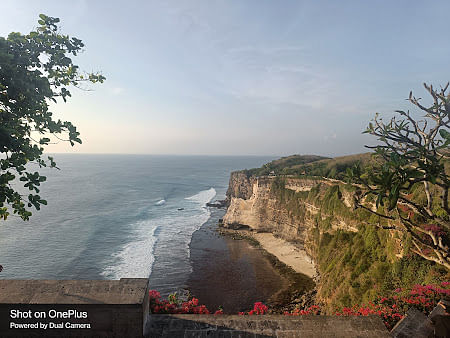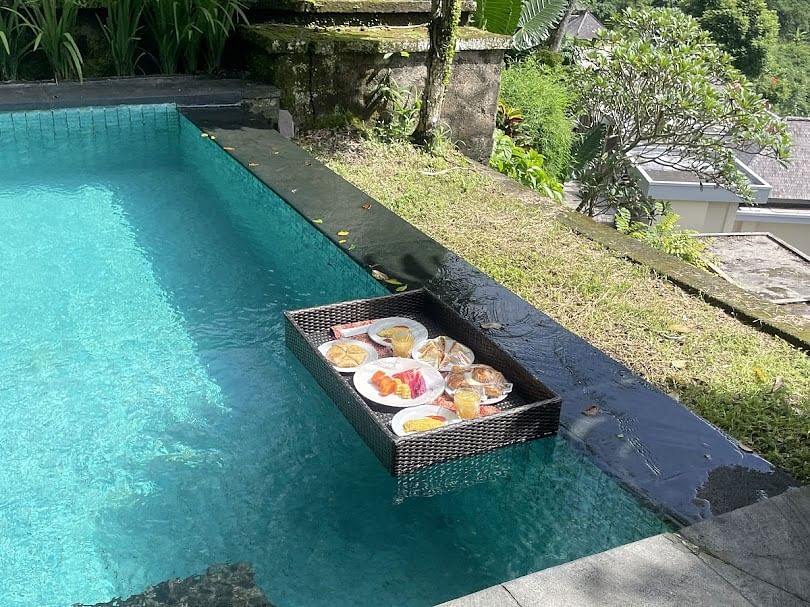Are your bags packed for the Bali Tour? Are your bags packed for the Bali Tour ? You might be wondering what languages are spoken in Bali. While there are several languages spoken across the island, three main ones dominate everyday communication.
There are two official languages in Bali: Bahasa Indonesia (or Indonesian), spoken on every island in Indonesia, and Balinese, spoken by the locals on the Island of the Gods, aka Bali.
Most Balinese people are bilingual – they can speak Indonesian and Balinese, and lots of them are also trilingual with English as their third language. While locals are known for their friendly nature towards foreigners, conversing with them in Indonesian or Balinese can be a great way to connect with them more.
Hence, there are three main languages spoken in Bali: Indonesian, Balinese, and English.
Most Spoken Languages In Bali
Here are the three primary languages used in Bali you'll encounter during your visit.
Bahasa Indonesia(Indonesian)
Bahasa Indonesia is the national language used in institutions such as schools, offices, and the government. It is a relatively easy language to learn.
Bahasa Indonesia has the simplest grammar. It is written using the alphabet and pronunciation, which is purely phonetic (that is, you say it as you read it). And you will have no problems communicating with most Indonesians using this language.
There is also the advantage that if you learn Indonesian, you can use it all over the vast archipelago rather than just in Bali.
Interestingly, it’s also very similar to Malay and somewhat similar to the Philippines’ main language, Tagalog. So, if you learn Indonesian, you can quickly learn Malay and get some advantage in learning Tagalog too.
2.Bahasa Bali(Balinese Language)
Balinese has been the local language in Bali and some parts of Lombok and East Java, with approximately 3.3 million people. Balinese language borrows from Javanese and Sanskrit from India.
Generally, learning Balinese is not essential as nearly every local speaks Indonesian. However, attempting to speak in a local language such as Balinese will almost certainly please them.
The Balinese language has three main speech levels and depends on the status of those who are speaking:
- Low/ casual (basa ketah)
- Middle/ formal (basa madia)
- High/ artificial (basa singgih)
This language is complicated by the fact that it reflects Bali's traditional caste system rooted in Hinduism. While Balinese Hinduism differs from its Indian counterpart, it still maintains hierarchical social structures.
So, most Balinese people are of the “Sudra” caste, and they will speak a common version of Balinese.
Then there’s a high (or “Halus”) variant, which is actually a version of the Javanese tongue, and it is used for talking to strangers, whose place in the caste system you’re unsure of, or your social superiors.
On top of that, there’s also “Kawi,” which, a bit like Latin, was used for ancient stories and plays. You will also find Balinese incorporates Sanskrit, which is the language for prayer and scripture for Hindus.
3. Bahasa Inggris(English)
Since tourism has been one of the major sources of income in Bali, a large portion of the region speaks a decent level of English.
If you are staying in the popular beaches in Bali like Ubud, Canggu, Seminyak, Kuta, and Jimbaran, you’ll get along just fine knowing only English.
Apart from these major languages used in Bali, you are most likely to hear some Chinese, Japanese, Korean, French, German, Russian, etc in the popular touristy places.
You can now even find small newspapers and magazines in French and German in some of the supermarkets.
This is largely due to the budding community of expatriates and foreigners residing in Bali, who have established their own businesses. Some restaurants in the more touristy areas of Kuta, Nusa Dua, and Legian also have menus in Chinese and Russian available upon request.
Some Simple Indonesian & Balinese Phrases
The two official languages differ slightly from each other, but how significantly do they differ?
Well, you can see from these simple phrases in English, Indonesian, and then in Balinese:
- Good Morning – Selamat Pagi – Rahajeng Semeng
- Good Afternoon – Selamat Sore – Rahajeng Semeng
- Good Night – Selamat Malam – Rahajeng Wengi
- Thank you – Terima Kasih – Suksema
- You’re welcome – Sama Sama – Suksema Mewali
As seen above, Indonesian and Balinese are totally separate languages.
Each language spoken in Bali Indonesia has distinct origins: Indonesian is actually a standardized version of the Malaysian language from the Austronesian language family.
Balinese, on the other hand, comes from the Malayo-Polynesian languages and it’s a subsection of the Bali-Sasak-Sumbawa languages.
Other Useful Words & Phrases In Indonesian
Since Indonesian is the primary language spoken in Bali Indonesia, for official communication, these essential phrases will help you navigate daily situations:
Hello – Halo
How are you? – Apa kabar?
I’m fine – Saya baik-baik saja/ Baik
Thank you – Terima kasih/ Makasih
Yes – Iya/ Ya
No – Tidak/ Nggak/ Ga
Nice to meet you – Senang bertemu dengan anda/ Senang bertemu denganmu
Please – Mohon/ Tolong
I’m sorry – Saya minta maaf/ Mohon maaf/ Maaf
My name is… – Nama saya…/ Saya…
Belok kanan – Turn right
Belok kiri – Turn left
Lurus terus– Go straight
Dekat – Near
Jauh – Far
Di mana… – Where… (Ex. “Di mana toilet?”)
Berapa? – How much?
Murah – Cheap
Mahal – Expensive
Terlalu mahal – Too expensive
Saya Vegetarian – I’m a vegetarian
Tidak terlalu pedas – Not too spicy
Ini enak! – It’s delicious!
Why Should You Learn Languages In Bali?
Understanding the languages in Bali enriches your travel experience and helps you connect with locals on a deeper level. The three primary languages you'll encounter are Indonesian, Balinese, and English.
Indonesian serves as the official language for government, education, and business, making it the most practical choice for travellers.
The Bali language spoken by locals reflects their rich cultural heritage and Hindu traditions, with its complex caste-based speech levels. English is widely understood in tourist areas, ensuring comfortable communication for international visitors.
Whether you're exploring ancient temples, bargaining at markets, or dining at local warungs,
each traditional Bali language spoken adds depth to your understanding of this enchanting island's soul.




